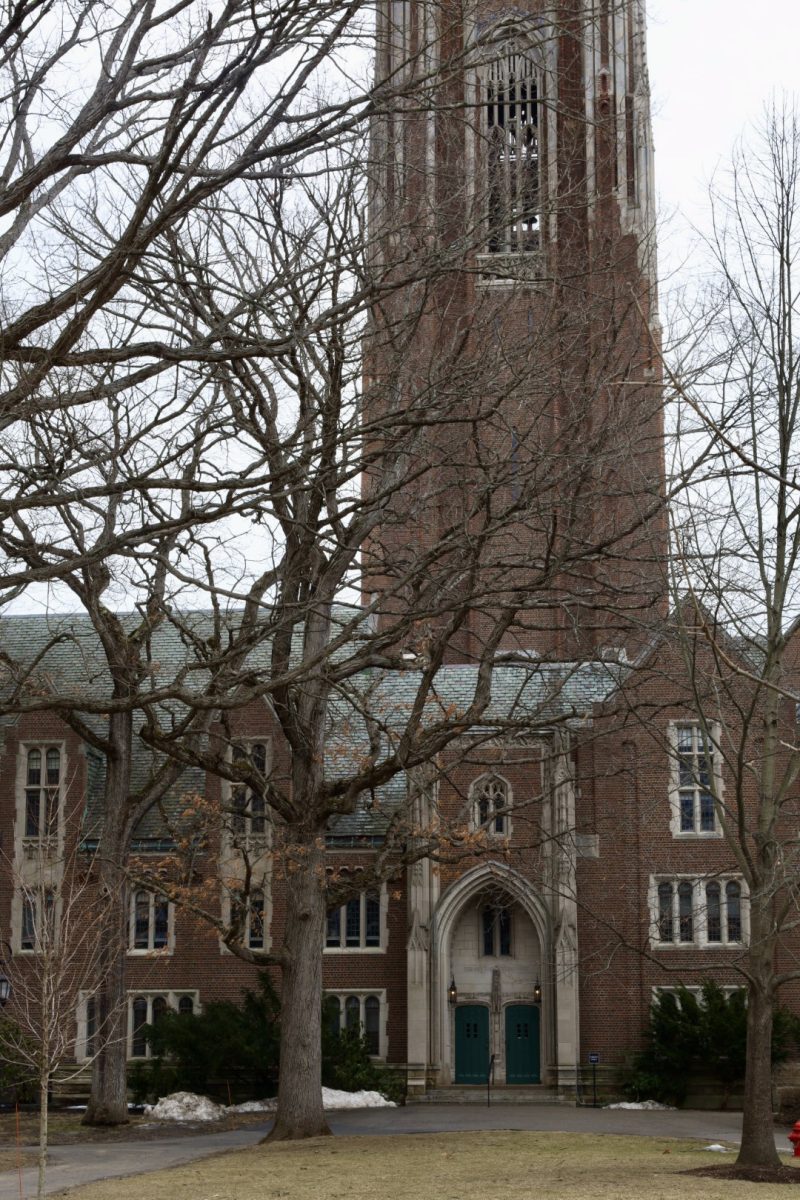The Student Organization Funding Committee (SOFC) has implemented changes to their funding process policies beginning in fall 2022. The organization changed the Guaranteed Percentage (GP) organization system, organizations deemed by SOFC and confirmed by the Senate to serve the entire community, to a GP event status system, funding specific events representing the larger community. Changes also involve new types of funding deadlines, fall and spring emergency funding, allowing organizations to apply for and cover any expenses that were not covered during annual budgeting.
Amy Rose ’23, student bursar, discussed decisions behind new policies established in the funding process for organizations.
“We used to have a category for GP organizations, but because this process was missing a lot of organizations that were doing events serving the entire community, we decided that there would be no more GP organizations, but GP events,” Rose said. “Examples are culture show funds, now indicated as a GP event. Slater’s [annual] Culture Show would be a GP event, but internal events for their org are not GP. Lots of organizations that were GP primarily have GP events. SBOG is a great example since their events are all GP because they host events for the entire campus community, but likewise, events only for SBOG members wouldn’t be included, such as bonding events.”
Amid SOFC’s policy changes, some organizations, such as House Council (HOCO), have faced initial confusion with usage of their money and budget. Clarifications and policy changes provided new benefits. Katharine Tracy ’23, Tower Court house president, expressed positive impacts changes had on HOCO funding.
“Prior to policy changes, we had a budget of five dollars per dorm bed,” Tracy said. “Being the biggest residential hall, Tower would get the most money, but there were limited uses. For instance, money could not be used for giveaways or purchase of unapproved capital goods. Thanks to the new policy, there is less of an oversight on HOCO spending and budget. While new policies were confusing at first, getting things approved by SOFC became much easier and faster.”
Rose also acknowledged issues with HOCO funding, revealing ways SOFC is working to improve this process.
“I’ve been communicating with OSI and with Residential Life to make improvements in the process,” she said. “HOCOs get their budget set for the rest of the year, but they’re still bound by a lot through SOFC policies. We have a list for House Presidents ready, so it can be easier for them to know where to access funds, and items that they can definitely use their money for decorations or supplies for events, food for HOCO, and cookies and tea. We’re working on making everything clear for everyone and making sure HOCO can access their funds.”
Additionally, organizations who missed deadlines or could not get enough funding can apply for fall and spring emergency funds to have funding for events for the rest of the year. Rose encouraged students to take the opportunity to come talk to SOFC when facing any issues.
“We have fully staffed bookkeepers each in charge of specific organizations, and they are a great resource,” Rose said. “Also, this may not be widely known by the community, but the first 10 minutes of SOFC meetings are open to any student to voice any concerns or issues to SOFC. People have rarely taken this opportunity, so I definitely encourage all students to come and talk with us.”
Elisabeth Sylvestre contributed to reporting.





